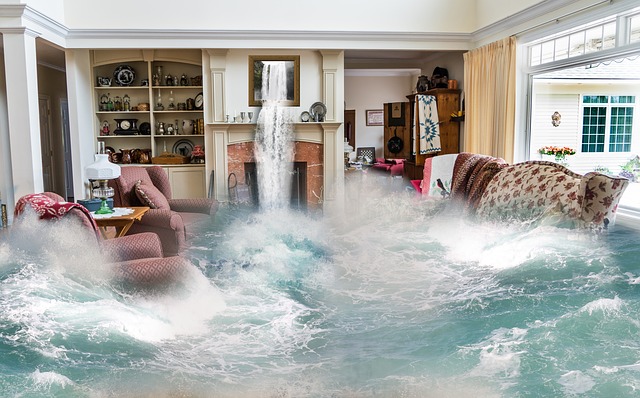Flooding may cause structural damage, including buckling or loose floors and foundation or roof cracks. Mold and mildew may also start growing on damp surfaces after the floods. Your home appliances, including ventilation, air conditioning, and heating systems, refrigerators, or water heaters, may also be compromised by floodwater.
As a result of flooding, your septic tank filters may get clogged, affecting its capacity to accept water. However, there’s always something you can do to prevent your home from flooding. Outlined below are seven ways to prevent your home from flooding.
-
1. Examine your home’s flooding risk
The first step toward flood prevention is determining the likelihood of your area suffering a flood and if your home’s built is strong enough to withstand it. Thanks to FEMA flood maps, communities can determine their risk and take the necessary measures to protect their homes and families. These flood maps have several zone markings indicating a region’s flood risk, including relevant structures like dams, bridges, and levees.
-
2. Build a retaining wall
If you live in a flood-prone region, installing a retaining wall won’t just hold the soil and prevent soil erosion. It also deters flood water by directing it towards the streets. This protects your home from flood damage. Use quality retaining wall blocks from reliable vendors such as Amber to build a solid wall that can help protect your home from flooding.
-
3. Keep your gutters and downspouts clean
Clogged downspouts and gutters cause rainwater to pool around your home’s foundation. Regular gutter maintenance and cleaning ensures that they remain functional and clean, improving their performance even in heavy rainfall. You can add a leaf guard to prevent debris from building up. To protect your home from pooled water, leverage downspout extenders to direct water further away from your property.
-
4. Install sump pumps
A sump pump is a significant part of a basement waterproofing system. They divert excess water from your home and foundation. Through its mechanism, a sump pump disposes of unwanted water in riverbanks, streets, and sewers, making it your home’s best solution for unforeseen floods. Debris builds up in the pump over time, causing blockages.
Frequent sump pump maintenance keeps it in sound condition and operational, preventing unexpected flood damage. Your home might require several sump pumps for better results depending on your region’s weather conditions, basement square footage, and soil traffic.
-
5. Fix cracked drain pipes
Inspect your drain pipes before heavy rains begin to ensure they’re in optimal condition. Damaged or old pipes might burst should rainwater build up and the pressure rise. Identifying and fixing cracked pipes on time protects your property from flooding.
-
6. Improve outdoor drainage system
Properly draining your yard is key to preventing flooding. Low points around your home cause standing water and may result in flooding and sewer system and pipes damage. You can also add an underground drainage system or install a French drain to deter floods.
-
7. Add landscaping
Altering your yard’s design improves your drainage, mainly during heavy rains. You may consider building a dry creek bed, constructing a rain garden, or installing stormwater drainage well to prevent flooding.
Endnote
Flooding can be quite damaging to your property. Use these tips to prevent your home from flooding.




